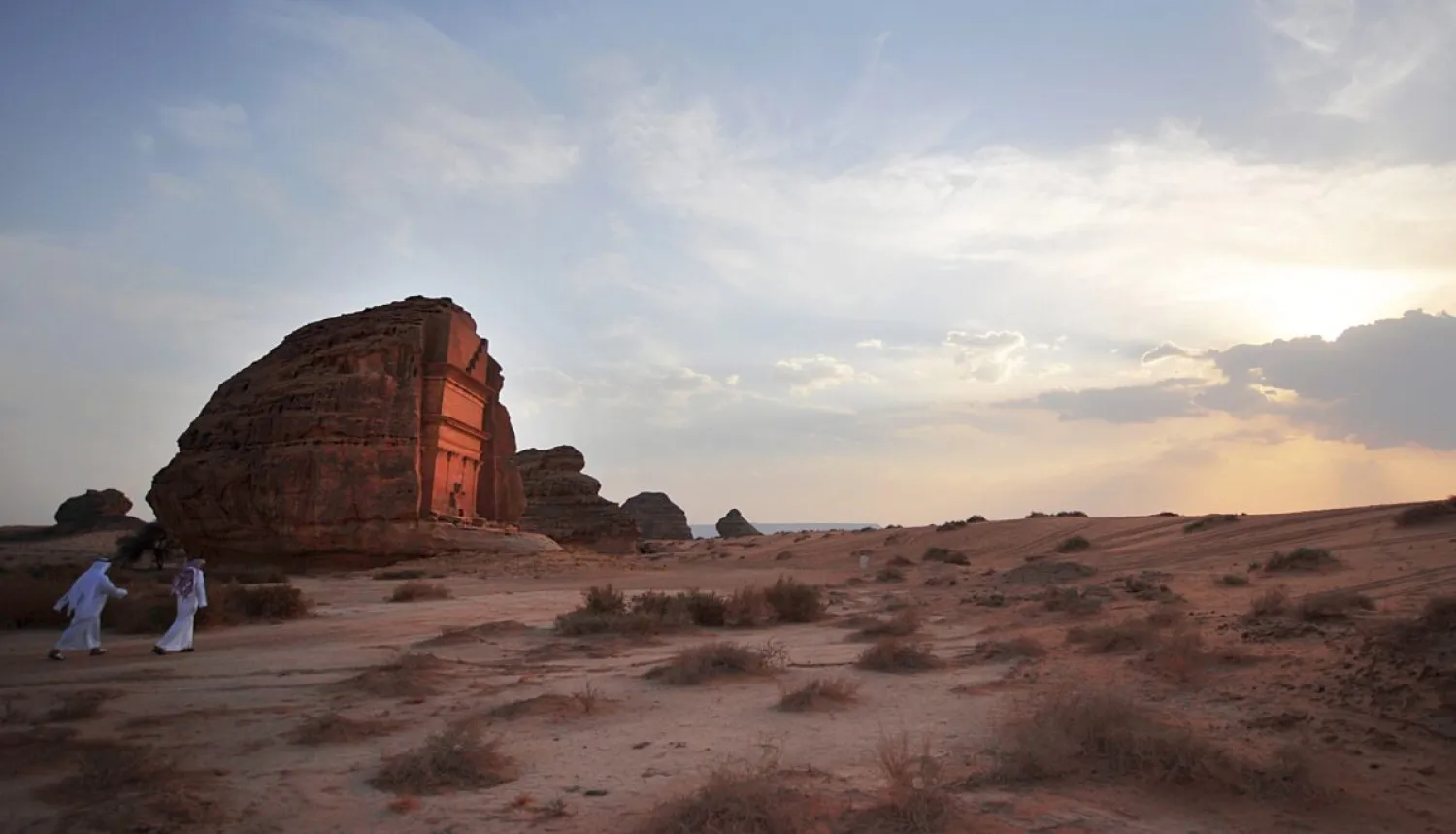The Saudi Heritage Commission has launched a national trip to explore inscriptions and rock art around the kingdom, urging Saudis to engage in this initiative aimed at reviving the national heritage of rock art and inscriptions found on rocks and mountains. The initiative was launched during the commission’s inauguration of the Uqair seaport, one of the oldest ports on the eastern coast of Saudi Arabia.
The commission has opened a new chapter of authenticity to revive treasures that were sculpted by passersby and engraved by the land’s dwellers thousands of years ago. It has also launched a portal dedicated to exploring antiquities in the kingdom and providing valuable knowledge. The portal consists of five sections that offer a national project aimed at preserving and maintaining the historic fortunes of Saudi Arabia known for its large geographical area, cultural diversity, and historic depth.
The initiative will try to answer questions, decipher and document the inscriptions and rock art through inspiring exploration tours before providing them on an interactive digital platform. It focuses on enhancing the role of the local community, and represents an open call to learn about the national heritage in the kingdom, which witnessed many civilizations and cultures that left living witnesses on rocks, mountains, and valleys throughout history. It also plans to honor the most interactive members by naming the explored inscriptions after them, and rewarding them with cash prizes.
Mamdouh bin Muzawim, Thamudic inscriptions researcher, said this unique initiative deepens the civilizational horizon of the kingdom, and reconnects the Saudi society with the region’s history and heritage, especially in the field of rock art found in abundance in many Saudi regions. These arts date back to the stone, bronze, Thamudic, and early Islamic ages, and include inscriptions from the Dadanitic, Nabatean, Lihyani, Safaitic, and Aramaic periods.
Muzawim added that the initiative helps boost the love of heritage and the will to preserve and protect it among people, as well as enhancing the role of historic and cultural tourism in the national economy, deepening cultural diversity, highlighting the tangible heritage of the kingdom, and encouraging researchers and experts to re-explore these treasures.
The Heritage Commission also inaugurated the Uqair historic port site to shed lights on one of the oldest seaports in the region, and explore its history as the first economic gate of the Arabian Peninsula, a passage for ancient civilizations, and a hub for different cultures.
This unique experience offers various cultural and creative programs and activities, including live shows of ancient economic activities, sculpting and engravings on the sand, fishing, folkloric performances, in addition to an exhibition displaying a large collection of photographs that highlight the economic, cultural, and commercial value of this historic seaport.









